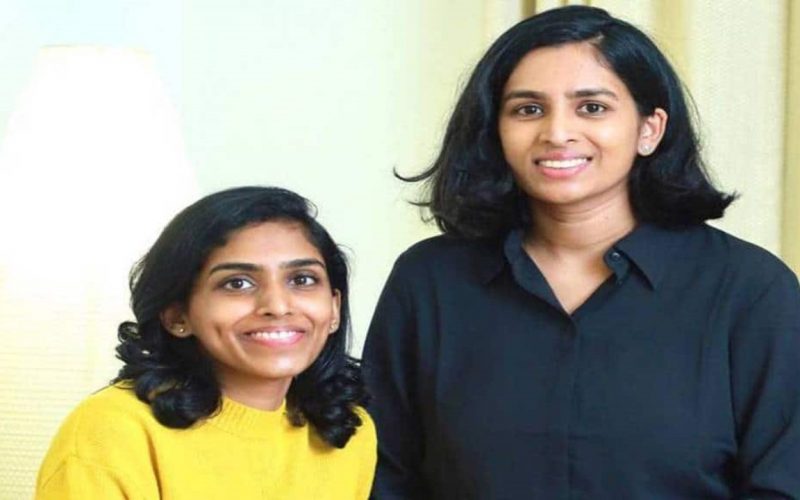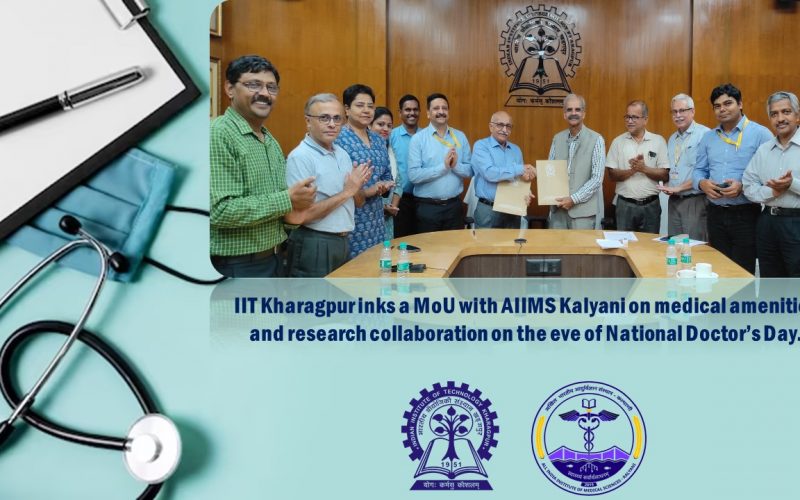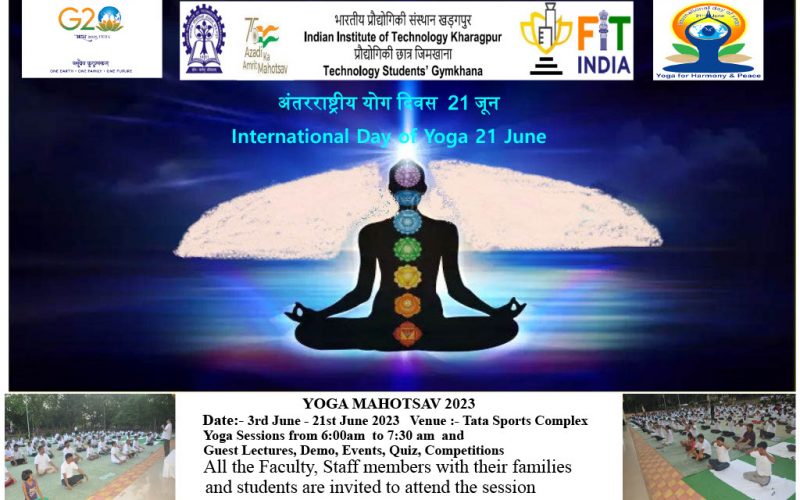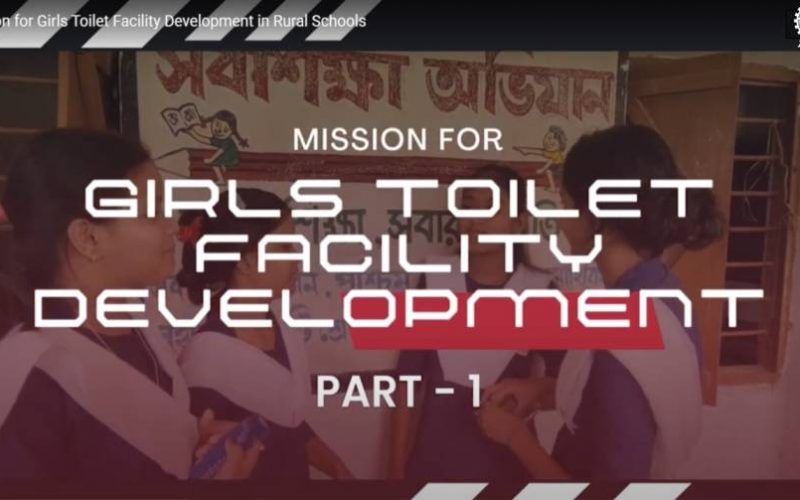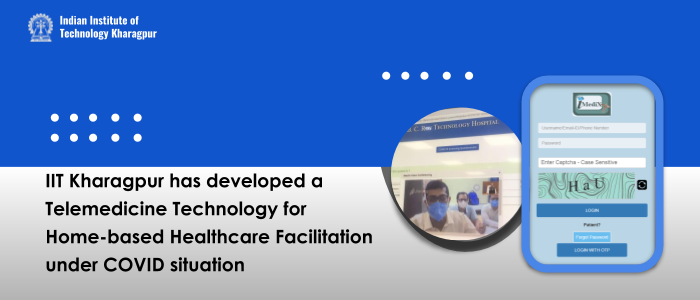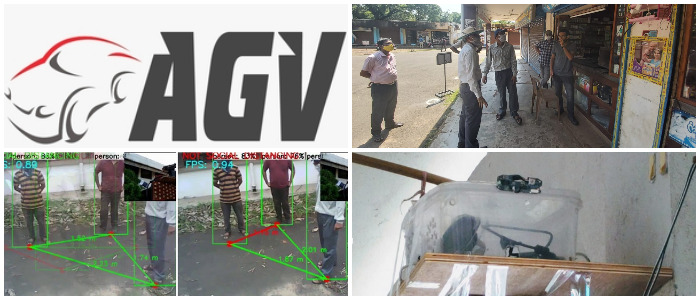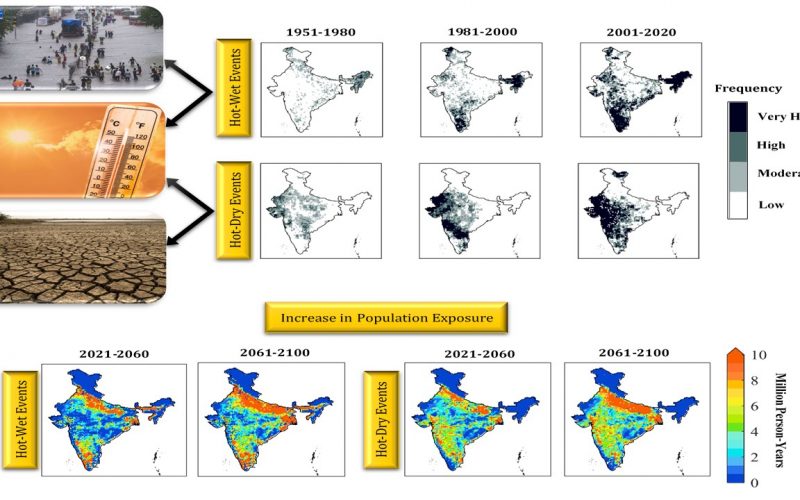
India’s Climate Challenge: Increasing Population Exposure to Compound Extreme Events
How is the growing population currently being affected, and how will it be impacted in the future by climate change-induced compound extreme events? This study delves into exposure of the Indian population to compound precipitation-temperature extremes, specifically hot-dry and hot-wet extremes. The study reveals an increase of over 10 million person-years of exposure across various regions in India. In densely populated areas, the increase in hot-wet extremes has been more pronounced compared to hot-dry extremes, a trend that is expected to persist into the future. The research identifies the Indo-Gangetic plain and southern coastal areas as future hotspots. India being…

